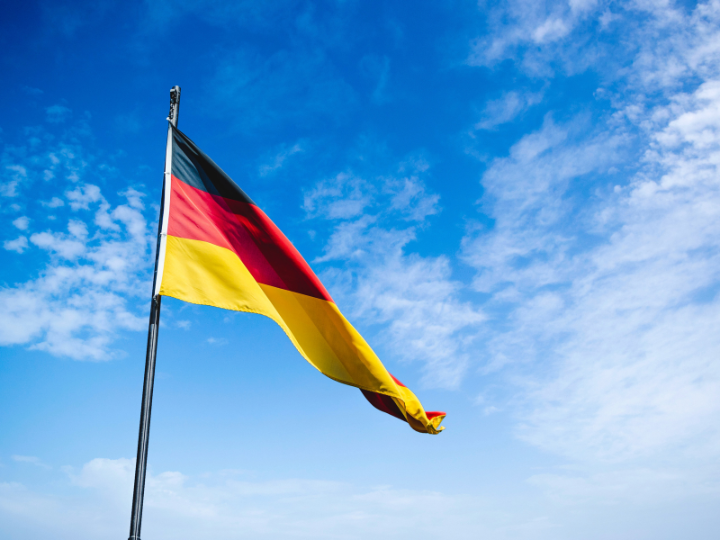by Jonathan Packroff and Oliver Noyan
German economic thinking has gone through a shift. Once a fierce advocate of restraint regarding subsidies and industrial policy, Berlin is looking at how to adapt to new market realities following the US Inflation Reduction Act (IRA).
However, the highly-anticipated response to the US initiative must take the form of a joint European effort – or it will fail.
As the EU mulls how to respond to the IRA, which incentivises industries to relocate across the Atlantic, one concern is resonating louder than the others: In the European scheme of things, Germany could disproportionately benefit from any option to grant national subsidies.
Taking a step back from the current discussion, this is actually quite surprising.
For decades, German economic thinking was driven by the importance of free market forces and restraint when it comes to government interference.
Hence, on the international stage, Germany advocated a “rules-based order” where other governments, too, commit to refraining from economic interference. Ideally, globally, at the World Trade Organisation (WTO), or at least within the European single market.
For a long time, this approach had the advantage of equality, benefitting the German export-oriented industries by opening up markets for German cars and machinery and being in line with Germany’s dominant “ordoliberal” economic dogma.
So great was the belief in efficient global markets that Germany allowed large parts of its once-large solar and wind industries to close down when they could no longer keep up with increasing Chinese competition – a fact that makes Ursula von der Leyen’s plans to rebuild a solar and wind industry in Europe seem about 10 years too late.
But with the US passing its €500 billion heavy IRA, Germany, too, is increasingly wary that this cannot be left unanswered.
Despite saying it does not want a “subsidy race” with the US, Germany joined a call with France last December to “match” US subsidies with their own programmes.
At the same time, however, Germany has not completely waved goodbye to its decades-old economic doctrine. With austerity and aversion towards joint borrowing still running deep in the German DNA, it seems to think that this new push for a more active industrial policy in Europe can be satisfied on the national, rather than European, level.
But you can’t have the cake and eat it too. As it is now, the EU is not built to compete in an increasingly protectionist world.
With only a small budget, and strict rules on how member states can support sectors of economic priority, Europe might be able to preserve a level playing field within the single market – but not to adequately keep up with other blocs’ strategic investment decisions.
While the German government is betting on more subsidies on the national level, it simultaneously likes to preach fiscal restraint to other countries – so they can comply with the EU’s debt rules that Germany wants to bend as little as possible.
At the same time, it rejects any call for joint European borrowing, something that the second and third-biggest economies, France and Italy, see as a precondition for changes to national subsidy rules.
Hence, Germany is at a crossroads.
If it wants to give in to the new reality and play the subsidy game – to prevent large parts of its industry from leaving the country and investing elsewhere, including in those technologies that allow for a climate-neutral lifestyle – it has to do so wholeheartedly.
Thoughts of a German Alleingang (going alone) understandably trigger fears all over Europe. Let us hope for a joint European approach.
*first published in: Euractiv.com




 By: N. Peter Kramer
By: N. Peter Kramer
